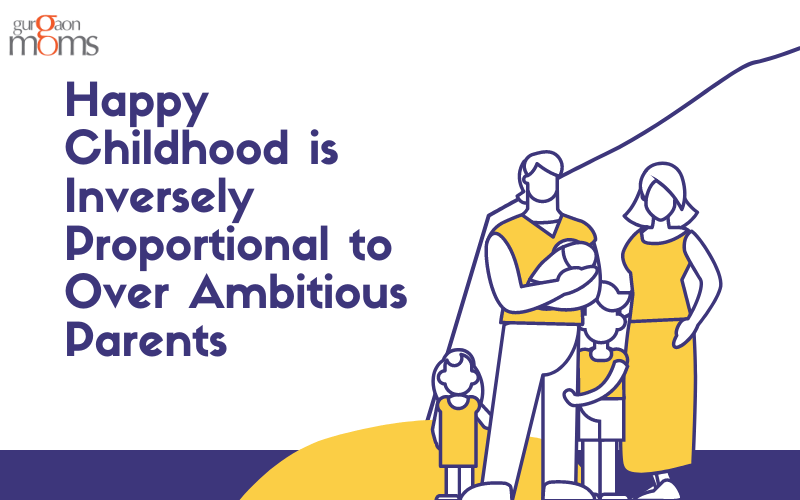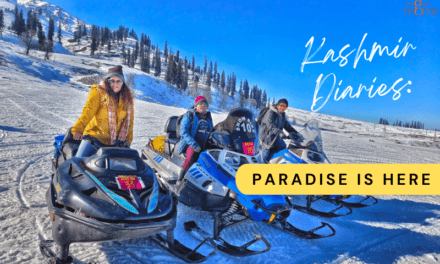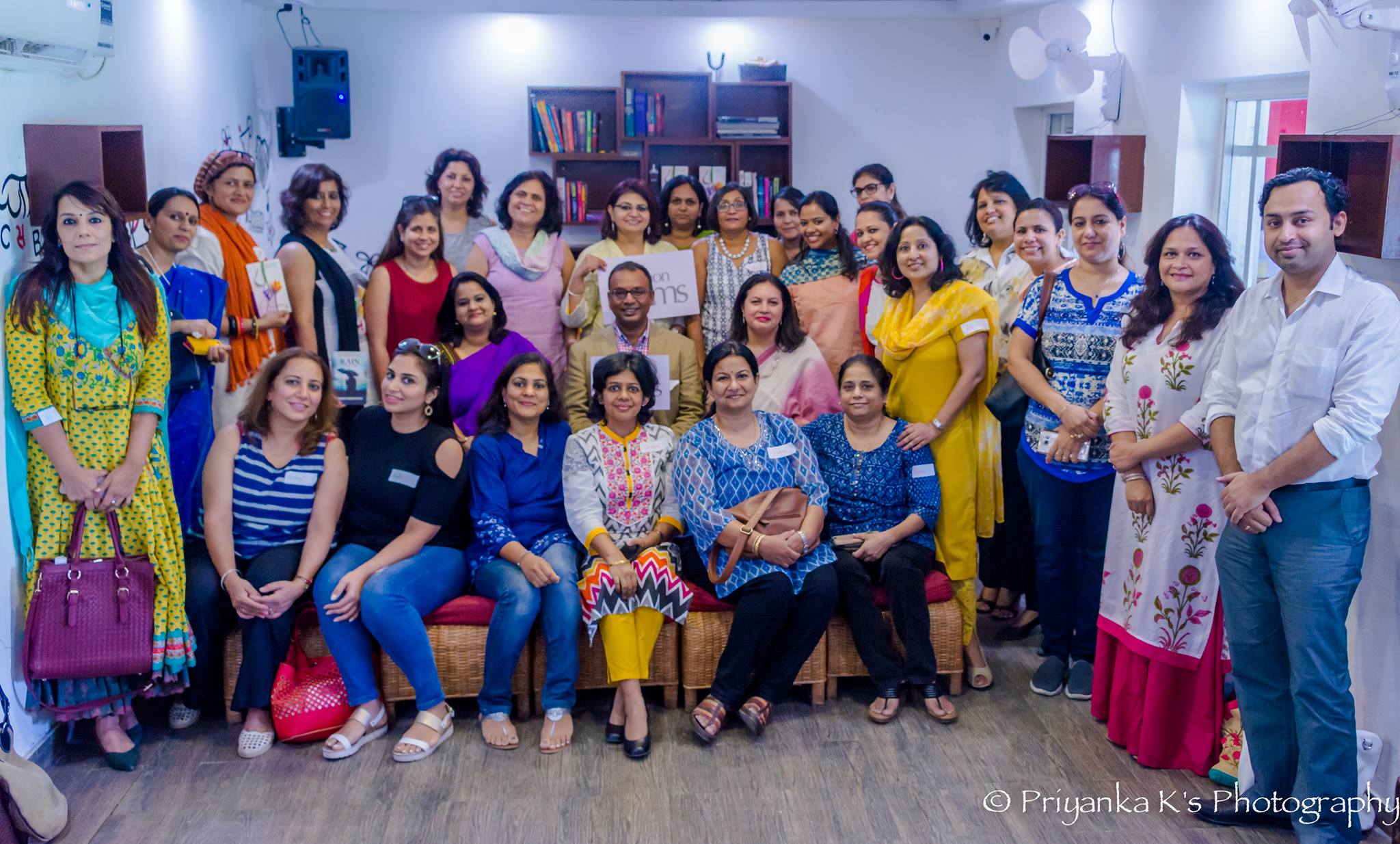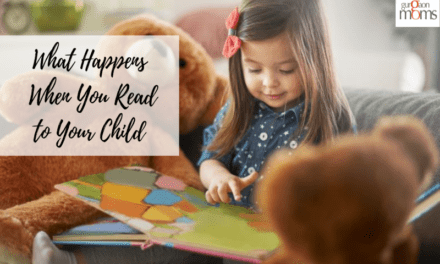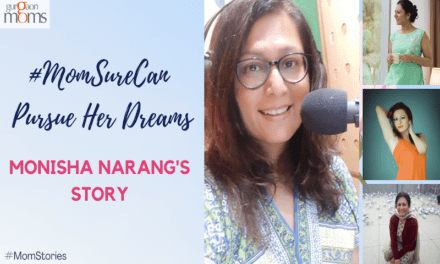Once upon a cliche, a wide-eyed child of eight walked up to her mom and dad and told them about her day. She told them about how the teacher asked them about their dreams, and she said that she wanted to be a writer. She had grinned and looked at the faces of a Physics professor who happened to be her mom and an NIT Computer Engineer who was her dad. Her confident smile flickered and died when she saw the stern look on their faces. At the tender age of eight, her dream died an untimely death.
In post-liberalisation India, there was a steep rise in parents with liberal mindset; their liberal values were in sync with the economy, but the liberal arts remained taboo. I was a member of the lost generation. The generation could have been anything, but like some perverse binary code, our choices were limited to two: doctor or engineer.
Like any obedient kid, I put my head down and studied. But like any adolescent, I had a phase of rebellion, except rebellion for me was very different. It was pursuing poetry and reading books and journals that had been hitherto banned for me. Hidden in “Concepts of Physics” by HC Verma was a collection of poems by Keats.
I was coasting along, coming in the top 5 of my class, excelling in quizzing of any kind and essay writing, with a stash of emo songs and poems I’d written with my best friend, when I got the biggest reality check of any Indian student’s life: eleventh grade and competitive exams. My parents had their hearts set on me being a doctor, and dutifully, I began my journey to medical sciences.
Competitive exams in India are not about knowledge; they are about mugging obscure facts, previous questions, and quite ancient formulas (at least they were during my time). There is no room for learning. It is cramming and regurgitating. This was not who I was. I was always someone who appreciated originality in creativity in any field of work, but by life was teaching me to study something thousands of others were expected to cram verbatim to the texbooks.
During my Eleventh exam, I was overwhelmed mentally and gave up. I told my mother I couldn’t do this anymore. I stopped talking to people and shut myself off from the world. It was then that my parents realised that it is not realistic to ask human beings to study 18 hours a day without passion or inclination; it is a recipe for disaster.
The culture of visiting a therapist was a taboo. It was hush-hush and swept under the carpet. But I was saved by a friend’s mother who had been through similar experiences and had dedicated her life to counselling students who had undergone mental trauma like her at some point in her life. Looking back, I realise what a beautiful case of paying it forward it was. She taught me basic techniques to deal with stress and anxiety like walking on the morning dew drop embellished grass, barefoot. Listening to music, affirmation and enjoying the little things in life. But the biggest thing she taught me was to bide my time. She said that if we want something bad enough and chip away at it, a time will come in our lives when we will get it.
It felt warm and comforting to know that coming from adult. As a child, you were put into boxes: medical, non-medical, commerce, and arts. It felt as if your future was set in stone. But we get so many chances. I got into MBBS at a reputed private medical school in the south and a government dental college based on my scores. But looking at my health, my parents wanted me closer to home while still doing science.
I did my graduation pharmaceutical sciences from the best institute in Asia. It was more cramming useless chemical structures which can now be looked up on google in a jiffy. The only way I passed was to use my creativity to make mneumonics to learn the insanely long names of medical conditions- their symptoms and prescriptions.
Most of my peers used to go on to do research in the field of medicine, but an alumni once visited us and told his story. He was a product manager for the biggest pharmaceutical company in the world. His work included a mix of scientific knowledge, creativity, content, and business acumen. It was a lightbulb moment for me.
I prepared for my MBA entrance exam and got into a good business school. I could feel that I am on the right path but it was too foggy and the goal was not yet in sight. MBA is the definition of work hard and party harder. It does not teach you any hard-core skills per se, but it does set you up for corporate life. I learnt a lot of things but was none the wiser as to what I wanted to do with my career. I got a great placement in the leadership program of a pharmaceutical company. Management work was interesting, but it was still a far cry from that eight-year-old little girl’s dream.
A colleague of mine quit when our company underwent a merger and joined a consulting organization. The more he told me about about that place, the more obsessed I got with it.He told about how consulting aims to firefight and build customized solutions for client’s problems. There was a division called change management where a line about creating impactful content served as a second eureka moment for me. I started cold emailing my resume to their HR and tried to find alumni for referrals.
It was then that I found an ex-boss who promptly agreed to send a referral email about my work. I got my dream job in consulting. It was in change management. As part of my first project, the project lead asked me, “Do you have experience with creative communications? We are looking for someone who can manage end-to-end change and content.”
In the most roundabout way possible, I became a change consultant who specialises in creative communications. I enjoy my job and in turn it gives me more time to pursue my passion for writing.
I also have a blog where I write observational humour and short stories on the blockchain. This blog pays out in crypto based on quality of content and level of engagement. My parents are very proud of it. My love for them prevents me from mentioning how writing DOES pay the bills and then some.
I firmly believe that everything in our lives leads us to someplace where we’re supposed to be. We have to figure out why we’re there.
I’ll leave you with these lines.

About the author
Charu from Chandigarh is an alliteration aficionado. She loves writing satire, observational humor, children’s stories, and sappy poetry. Her newfound obsession/passion is perfumes. She is a madder mother, an angelic sister, and a dutiful daughter

